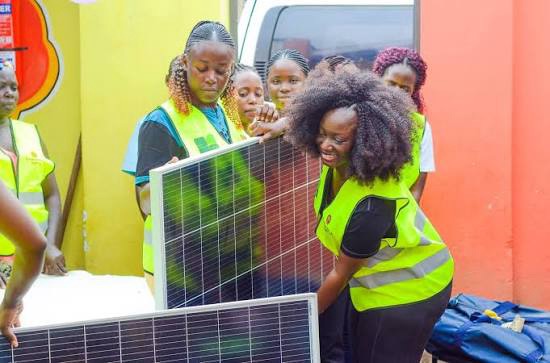The Inflation Reduction Act, once dubbed the most significant climate legislation in U.S. history following its passage in 2022, is now at a crossroads. Supporters face a tough battle as House Republicans contemplate repealing substantial funding for clean energy initiatives such as solar panels and electric vehicles. Interestingly, the discourse has shifted dramatically; advocates now focus more on the law's economic benefits—like job creation in manufacturing and lower electricity costs—rather than its intended environmental protection goals.
“Now, it’s less about safeguarding our planet and more about the fiscal implications,” remarked Chad Farrell, founder of Encore Renewable Energy in Vermont. According to insights from industry leaders who gathered in Washington, the push is on to protect the law's provisions critical for economic advancement, emphasizing their role in keeping the U.S. competitive, especially against China in the realm of artificial intelligence and clean energy technology.
This shift reflects a broader trend within the current administration, where discussions about climate change have disappeared, marking a notable change in the national dialogue since President Trump has openly disputed the significance of global warming and minimized its discussions across federal institutions. This development raises concerns among environmentalists, who fear that without robust support and advocacy, crucial programs aimed at combating climate change may be further compromised in favor of short-term economic gains.
“Now, it’s less about safeguarding our planet and more about the fiscal implications,” remarked Chad Farrell, founder of Encore Renewable Energy in Vermont. According to insights from industry leaders who gathered in Washington, the push is on to protect the law's provisions critical for economic advancement, emphasizing their role in keeping the U.S. competitive, especially against China in the realm of artificial intelligence and clean energy technology.
This shift reflects a broader trend within the current administration, where discussions about climate change have disappeared, marking a notable change in the national dialogue since President Trump has openly disputed the significance of global warming and minimized its discussions across federal institutions. This development raises concerns among environmentalists, who fear that without robust support and advocacy, crucial programs aimed at combating climate change may be further compromised in favor of short-term economic gains.





















